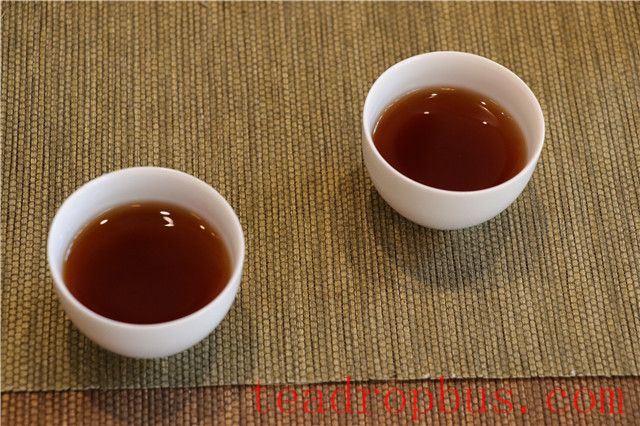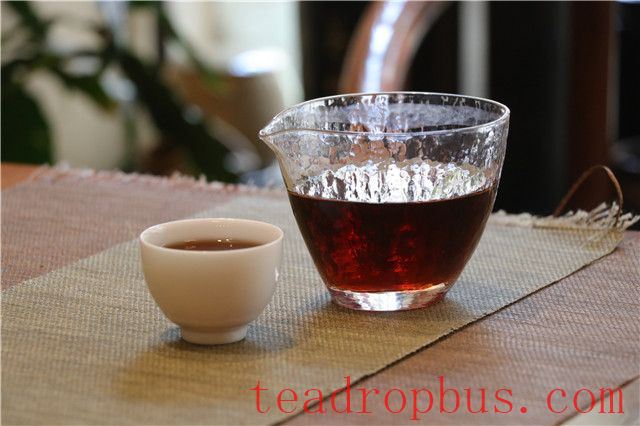The elderly benefit from Drinking Tea as it can promote health and well-being. However, there are several things they should be mindful of. For instance, they should avoid drinking cold tea and strong tea, which can irritate the stomach and intestines and cause insomnia and headaches. It may also affect kidney health, overburdening both kidneys and liver. What else should the elderly pay attention to when drinking tea?

What Should the Elderly Pay Attention to When Drinking Tea?
1. Do not drink tea immediately after a meal. Drinking tea right after eating will cause tannic acid in tea to coagulate proteins in food into particles that are difficult for the digestive system to absorb.
2. Do not drink tea on an empty stomach. Some elderly people get into the habit of drinking tea first thing in the morning before breakfast. This is not a good practice as the properties of tea can enter the lungs and stomach directly when the stomach is empty, potentially causing harm. There is a saying that one should never drink tea on an empty stomach.
3. Do not drink too much tea before bedtime. Tea contains morphine, Caffeine, and cocoa, all of which have stimulating effects. Drinking excessive amounts of tea before sleeping can cause excitement and increase the frequency of urination, negatively impacting sleep and potentially leading to insomnia. This is particularly important for those with conditions such as neurasthenia, peptic ulcers, coronary heart disease, or high blood pressure.

4. Do not drink leftover tea. Tea that has been left out for too long can become contaminated by pathogenic microorganisms, and its complex components can undergo changes. Drinking leftover tea is harmful rather than beneficial.
5. Do not use tea to take medication. Generally, water should be used to take medicine, not tea. In particular, do not use tea to take fever-reducing medications like aspirin. The caffeine in tea can raise body temperature, thereby counteracting the effectiveness of the medication.
6. Drink tea selectively. Those with severe heart or kidney disease, edema, ulcers, or gastrointestinal disorders should be cautious about what kind of tea they drink and should not drink just any type of tea. Anemic individuals and those who have had heart attacks should drink Green Tea or Pu'er tea. Elderly people with diarrhea or constipation should avoid Black Tea. Physically fit elderly individuals should avoid green tea. Those with weak constitutions or stomach issues should drink Pu'er tea.

7. Do not drink strong tea. Caffeine in tea can lead to excessive excitement; therefore, strong tea can cause rapid heartbeat and irregular heart rhythms. Elderly people with coronary heart disease, pulmonary heart disease, or hypertension should drink mild tea and in small quantities. Drinking strong tea can also cause constipation, which is especially concerning for elderly individuals with hypertension, as it can make bowel movements difficult and potentially trigger a stroke.
8. Do not use boiling water to brew tea. Using boiling water to steep tea will extract all the tannins, destroying beneficial components like vitamins. Tea brewed with boiling water lacks fragrance and can be bitter, hindering digestion. Therefore, pour boiled water into a thermos and let it sit for one to two hours before using it to brew tea. Drink the tea as soon as it's brewed for a fragrant experience that leaves your mouth refreshed.

9. Do not use tea to sober up. Many elderly people believe that “drinking strong tea can help with sobriety,” but this is incorrect. Medical knowledge reveals that alcohol has a significant stimulatory effect on the cardiovascular system, and strong tea also stimulates the heart. Combining the two increases the burden on the heart.
Only by drinking Pu'er tea in a reasonable and scientific manner can one achieve health benefits.